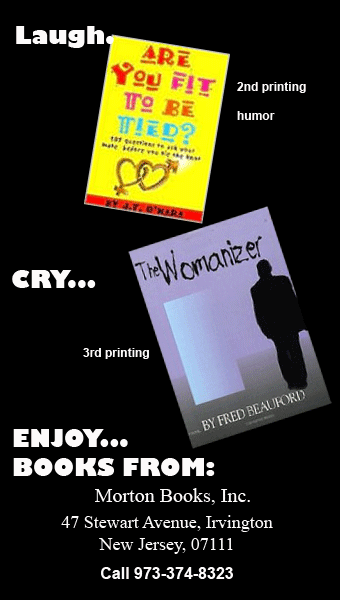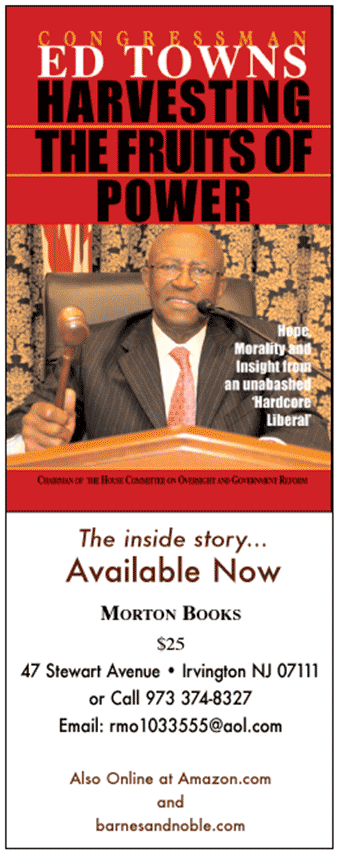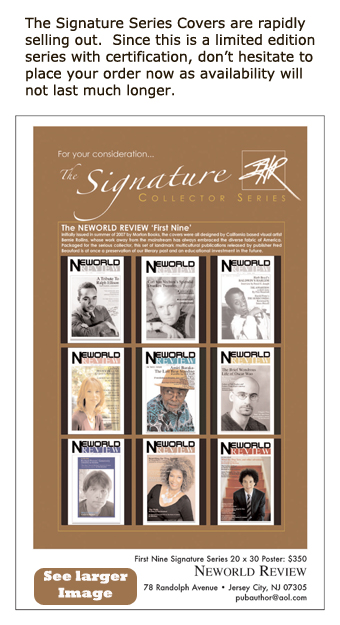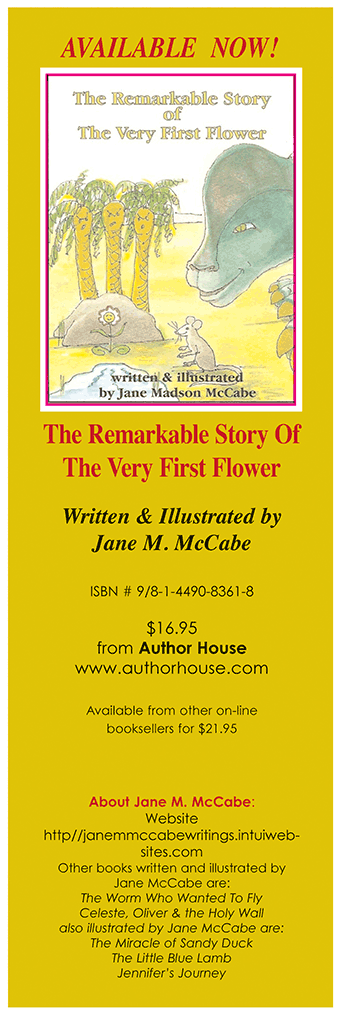ESSAY
In the Basement of the Ivory Tower: Confessions of an Accidental Academic
By Professor X
Viking, 2011
A tale of two accidental professors
An essay by Fred Beauford
This is an essay about two "accidental academics" with two very different experiences in such a role. Although I once shared many of the problems Professor X writes about in his first book, including standing in front of many college students who hated the written word, I didn't start in the basement of academia as he, but far upstairs, in the elevated tower of academe.
In 1975, I started teaching in the Department of Journalism at the University of Southern California (USC), a school then best known internationally for its rich kids, running backs and a first rate film school.
Following that tenure, I became a Visiting Professor at UC Berkeley, then ranked, in the four years I taught there, as the number two highest ranking university in the nation, after Harvard.
I don't say all of this to brag, or hold my nose up at Professor X, who has only taught at community colleges; but because similarly, my first full time teaching position was as an Associate Professor at an open enrollment college on Long Island. This is where Professor X's past and present, and mine, collide, and what made his book resound so resolutely with me.
Here is how Professor X ended up as "a lowly adjunct" at several community colleges: "My wife and I marked the turn of the millennium by buying a home that we really couldn't afford….Not long after we closed on the house, we both realized that one of us would have to work a second job in order to maintain a middle-class existence. I am the proud possessor of the most useless advanced degree there is—a Master of Fine Arts in Creative Writing, which qualifies me to do very little other than teach introductory-level college courses. And so I awoke one morning from uneasy dreams and found myself transformed into a part-time instructor of college English."
On the other hand, my elite status came not because of race, or even an advanced degree. I merely had a lowly B.S. from NYU, but what I also had was the fact that I was one the few magazine Editor-in-Chief/Publisher on the West Coast, and my magazine, Neworld: The Multi-Cultural Magazine of the Arts, was kicking serious butt in Los Angeles.
I had put together a course on magazine publishing, and started shopping it around; leaning boldly forward, telling Chair after Chair who granted me an interview, that I was a cowboy, willing to fail right in front a bunch of students, because what I was teaching them was something I was living with daily.
As I later told my students at USC, at the start of each semester, "I could go out of business right before your eyes, before this semester is over, if some of things I am going to tell you don't quite work out as I thought."
What could be a more compelling, dramatic way to open a course?
The community colleges all said I needed at least a Master degree in order to teach. But USC was something altogether different. Dr. Barrows, a friendly, middle-aged white man, who I later learned was eager to get back into real journalism, and who was to become my Chair, was becoming increasingly delighted as I outlined the course I had in mind; and looked almost as if he was thinking, "How did I get so lucky?"
His yes was the fastest yes in my life. My chair was not even warm.
In a few months, the journalism department introduced the first "Magazine Making and Publishing" course on the West Coast; which I taught for six years before I left for UC Berkeley
.And, as I had thought, my narrative was indeed compelling, as each year my class grew larger, After the first semester, the department had a guard checking ID, posted outside of my classroom door for at least three weeks into the semester, to keep "ghosts"(non USC students) from slipping in. after I told the journalism department I had 24 students, when only 21 were registered.
One ghost drove up all the way from San Diego. That smart, intense young man, who had asked such great, probing questions in my introductory class, and two others, were soon caught, and thrown, without protest, into the streets.
***
But what of Professor X, at his community college? What was his first time on the same job like?
After a bravura opening performance, Professor X saw clearly that he was able to elicit genuine excitement in the students who sat before him. That intoxicating feeling didn't last long, however, as he soon became appalled at what he discovered about his students after his first written assignment.
"I put down my mug of coffee" Professor X noted, "I looked over, for the third and perhaps the fourth time, my stack of baseline essays. I did not then own a cell phone and had never sent or received a text message, but I needed the phrase that would become one of the greatest of electronic clichés.
"WTF. What The Fuck.
"The essays were terrible, but the word "terrible" doesn't begin to convey the state these things were in. My God. Out of about fifteen students, at least ten seemed to have no familiarity with the English language."
***
At both USC and UC Berkeley, one always had to be on one's toes, which made teaching such a great delight, because you learned from the students, as they learned from you; and the class discussion after my formal, 45 minute lecture, was where the true learning began.
"But Professor Beauford, wasn't it 1915 when the Supreme Court declared the Edison Trust illegal, not 1914."
I almost expected a duh to accompany that statement.
"Yes, yes, quite right, Amy. My mistake. You can leave now, you have an automatic A."
I loved the intellectual gun slinging one expected teaching at an elite school, where everyone in my class thought they were smarter than me (at USC my students didn't necessarily think that they were smarter, but they all knew with absolute certainty, that they were far richer, and far more connected than I would ever be. They didn't call USC, the University of Serious Connections for nothing.),
But there were few gunslingers on Long Island, and precious fewer at the community colleges Professor X taught at.
***
What's was even more dishearten for Professor X was the fact that although a whopping 73 percent of college students are taught by adjuncts or graduate students, "…we are nothing less than academic hit men. We are paid by the college to perform the dirty work that no one else wants to do, the wrenching, draining, sorrowful business of teaching and failing the unprepared."
Adjuncts have no benefits, have no influence in the departments in which they teach, and make on average, what they could have made working part time at Macy's. As a Visiting Professor as UC Berkeley, I was paid half of what a full professor was paid, for teaching one course, three hours a week; while the adjuncts in my department, working the same hours, were paid a miserly $ 2,000 a semester.
***
I can also see that I had several advantages over Professor X., while teaching the same kind of students he had encountered. I soon saw clearly that I was no longer among the intellectual elite here on Long Island. I realized quickly just how anti-text so many of the students were, and I was on the verge of leaving, or having a nervous breakdown.
I then discovered that the college had an awesome AV (Audio and Video) department. What's more, they also had an amazing, spanking new, state of the arts television studio, which so far had rarely been used.
I was a journalist, still the editor of The Crisis, a magazine published by the national NAACP, and founded by W.E.B. Du Bois in 1910. There were photographs of people on my walls in my office on Fifth Avenue, with mutton chops.
I had been recruited for this position, and had not sought it out; an accidental academic.
However, from so many years of teaching The History of the Mass Media, and being heavily influenced by one of the best minds of the 20th Century, the great media thinker Marshall McLuhan, and although I had always worked in print, I saw text as just another information medium, especially after coming to realize that the electronic revolution Samuel Morse unleashed in 1844, had now gained an unchallenged hegemony on the dissemination of information, far surpassing the world changing print revolution Johannes Gutenberg ushered in, in 1440..
The non-reading students were obviously more the beneficiaries of Morse's revolution than the others, where text still mattered. The spoken word, and what they saw on television, or heard on the radio, or on recordings, vigorously competed with text, and nothing could change that.
Because of this insight, which perhaps came about because journalists (and good novelists) can be oddly detached when all hell is breaking lose, the fly on the wall, as I have been sometimes called; and because teaching history provides many compelling lessons, I hadn't yet dismissed the many students who hated print with a passion I often found deeply compelling.
In the AV department at my little college there was a treasure trove of classic documentaries, old television shows, political debates, famous radio shows, classic blues and jazz, and my personal favorite, Do Wop, and so much more of world and American history,
And the television studio was just sitting there, waiting to be used.
If I could only pull it all together, then I could reach everyone in my classes, including the non-readers. It didn't take long for my multi-media approach to teaching to cause a remarkable turnaround in my students.
What delighted me most was when we were in the television studio, as I taught them how to put together news and talk shows. Year after year, the students who once sat quietly, meekly, in the back of the room during the print segment, took over and elbowed everyone else aside.
I was having fun once more teaching.
Professor X's book, In the Basement of the Ivory Tower: Confessions of an Accidental Academic, took me back in time to that success, because I have often wondered, if I had been teaching the same kind of classes he taught, even with all the wonderful AV resources my college on Long Island had provided me, would such an multi-media approach produced the same amazing results?






